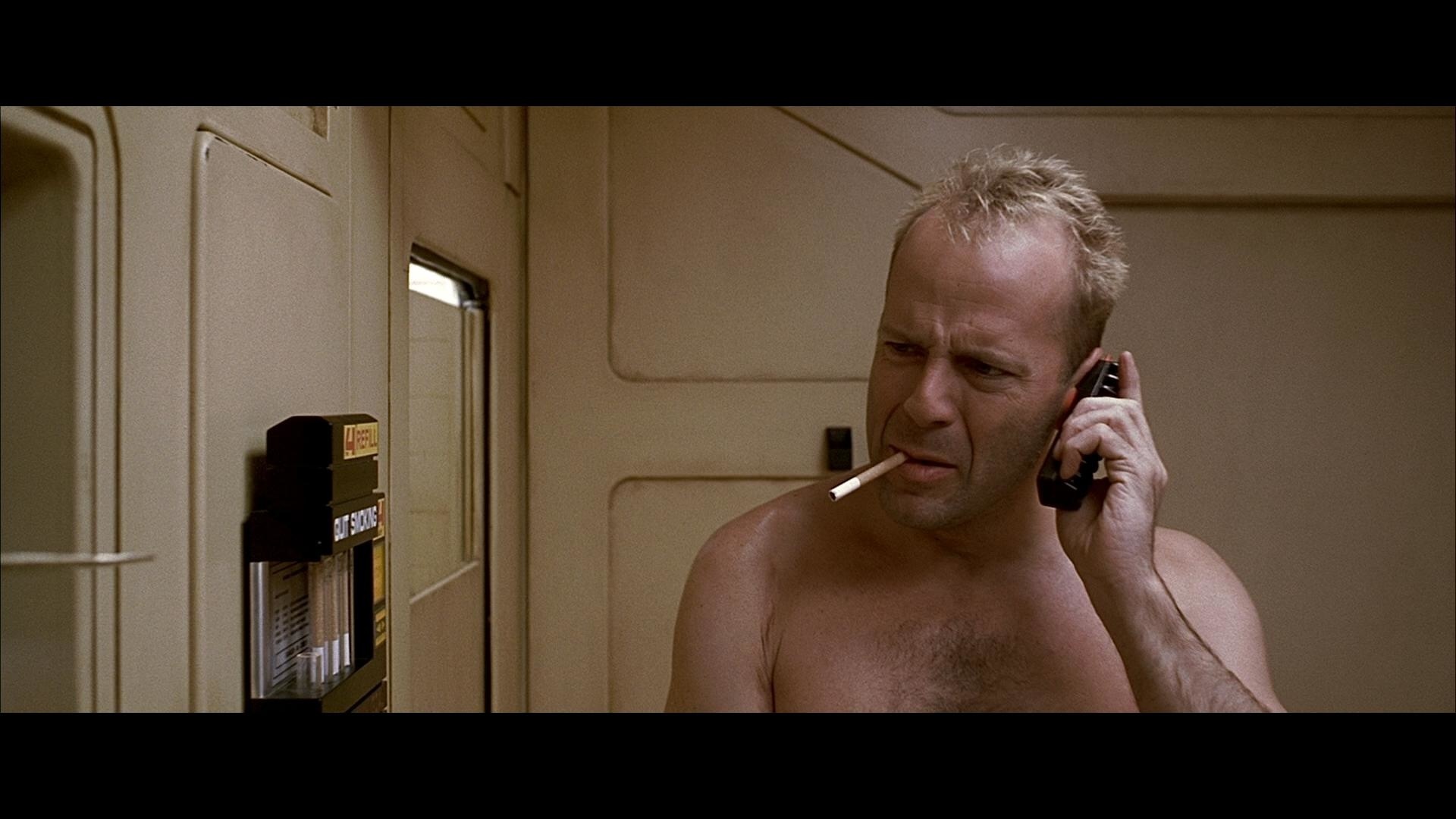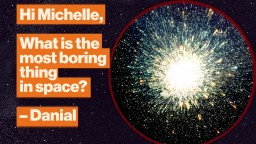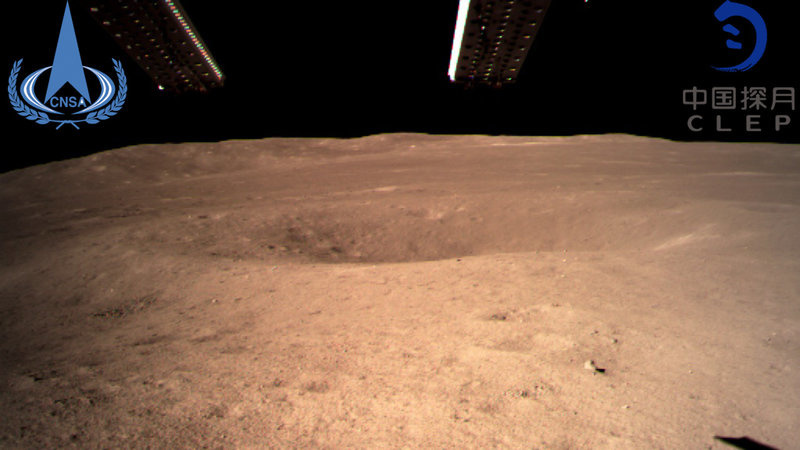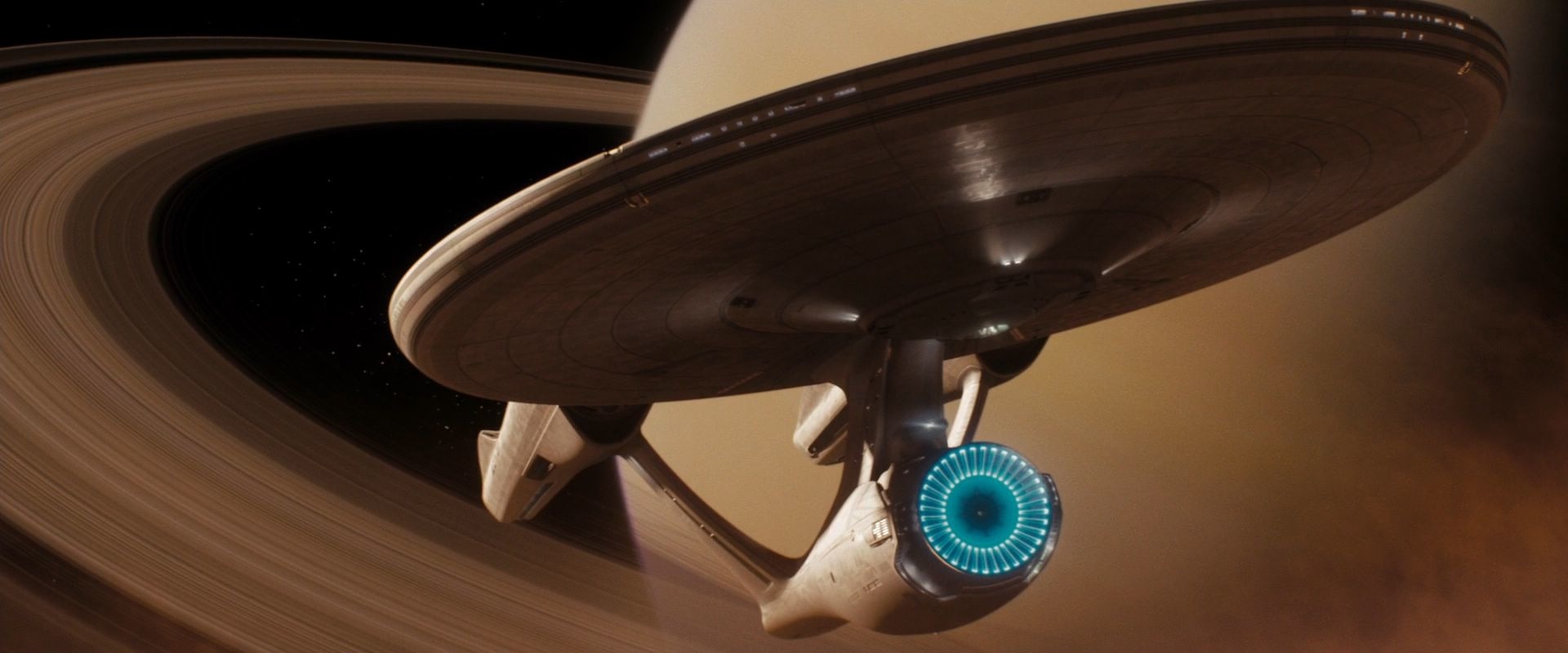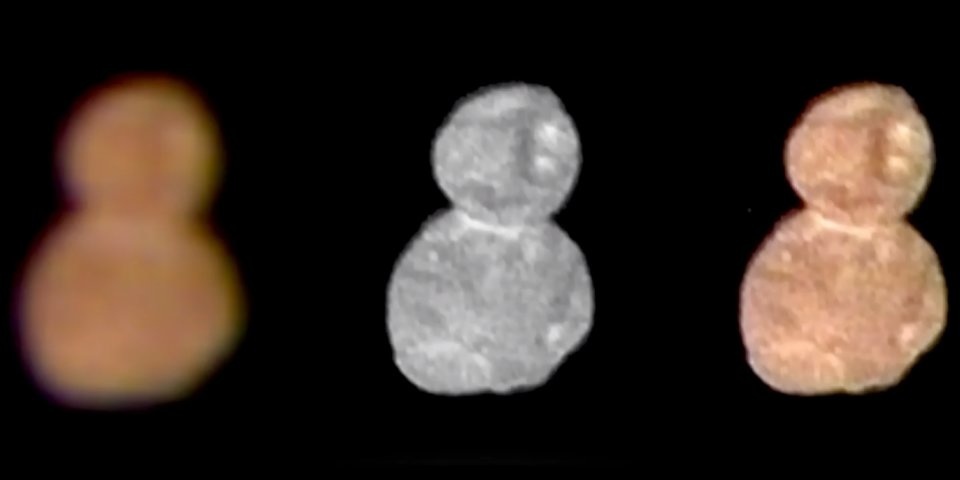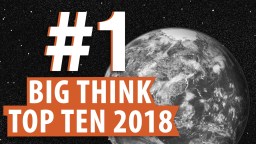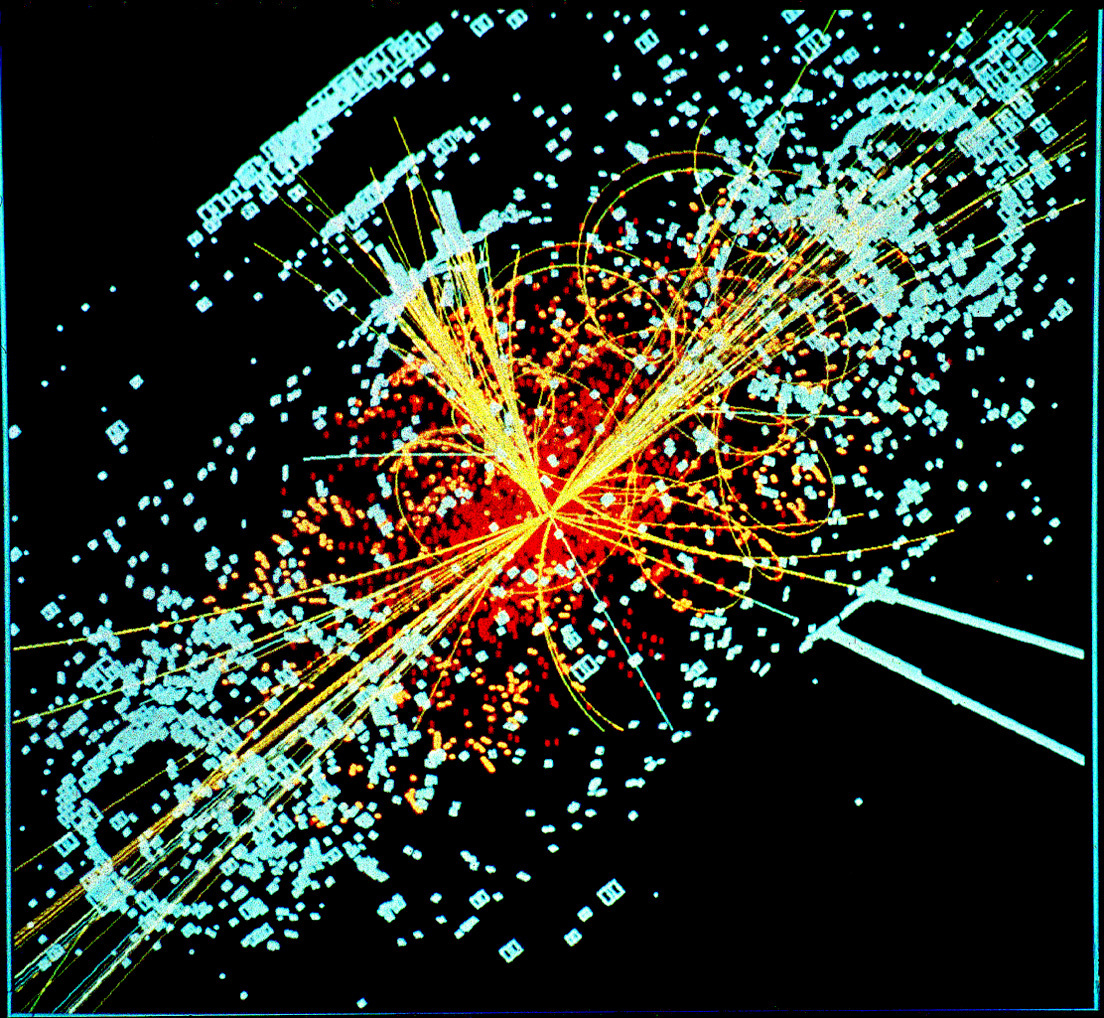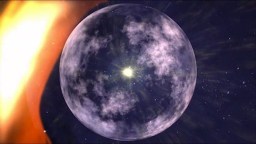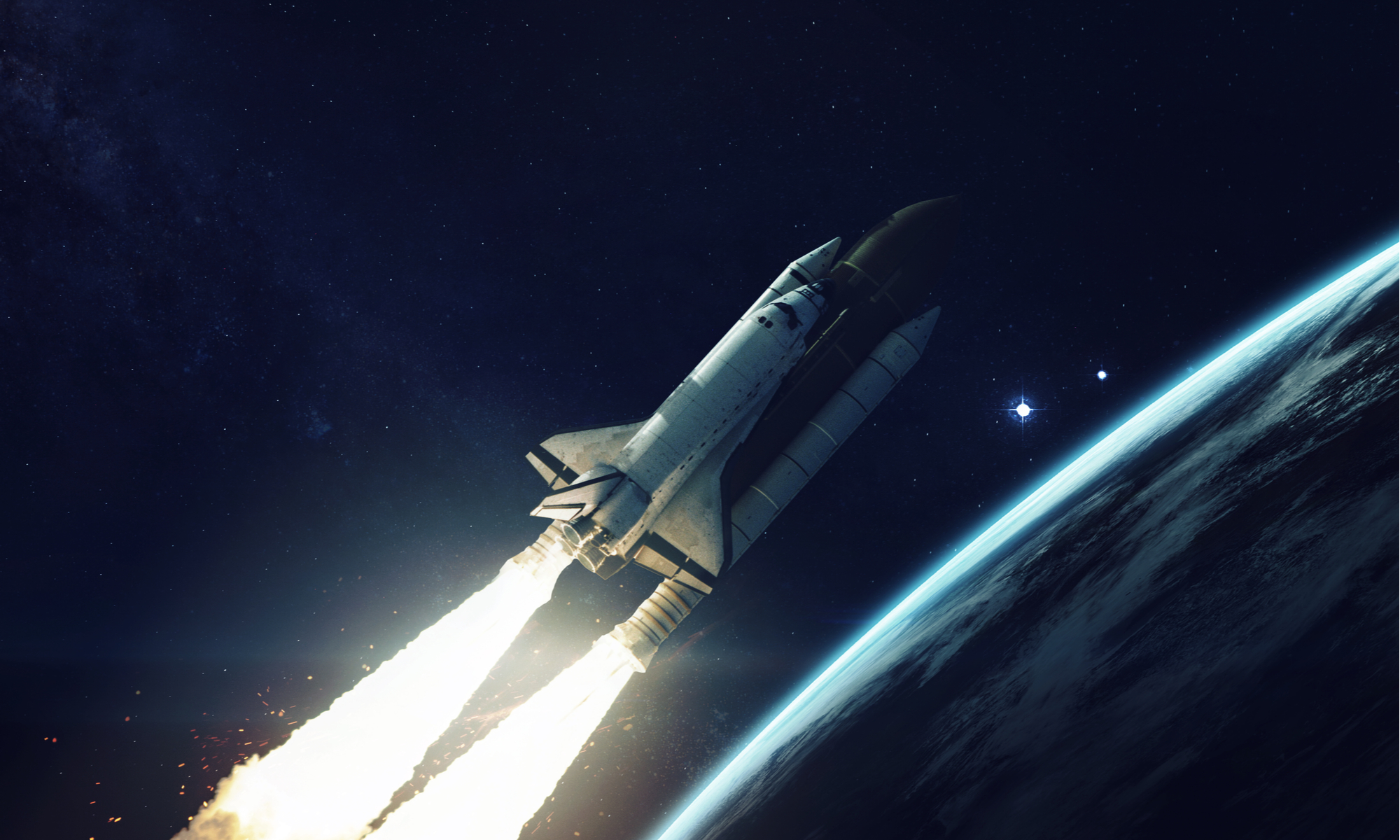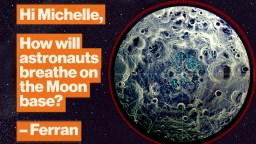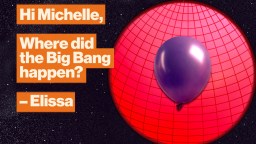Hard Science
All Stories
NASA’s Michelle Thaller explains how an accidental discovery led to the 1978 Nobel Prize in Physics.
▸
2 min
—
with
It’s the first time humans have landed a spacecraft on the far side of the moon.
In theory, we could use high-energy lasers to make our own artificial black holes, potentially capturing the enormous energy they emit.
On Tuesday, NASA’s New Horizons spacecraft flew by the space rock, located some 4 billion miles away from Earth.
We’re finally here! We’ve been counting down the 10 most popular videos of 2018. This is #1…
▸
7 min
—
with
It’s possible that the Higgs boson is connected to a bizarre doomsday scenario for the universe.
Eight-dimensional octonions may hold the clues to solve fundamental mysteries.
The countdown continues! The 4th most popular video from 2018 involves humanity hiding behind a tree.
▸
4 min
—
with
Some of them were surprisingly astute.
A new study may change the face of astrophysics.
Having a dog may be one way to curb lonelieness.
Was it a real thing? And the Wise Men? Or are they just myths?
Two new papers say everything we knew about black holes was wrong.
The discovery could potentially bush pack the evolution of feathers on vertebrates by 70 million years.
A theory from cosmology claims the Universe could rip apart to shreds.
Star production peaked three billion years after the Big Bang.
It was captured by the Parker Solar Probe, which is currently studying the star.
The Geminid meteor shower grows more intense with every year, and it’s expected to be particularly bright in 2018.
The NASA probe has ventured beyond our solar system.
▸
with
The photos were taken the same day as Russian cosmonauts investigated a mysterious hole discovered in one of the craft.
Matter from the first few microseconds after the Big Bang.
Technology’s rapid advances may slow down, limiting our possibilities.
Breakthrough Starshot is moving ahead with an audacious vision for space exploration.
Astronauts will be able to harvest the Moon’s natural resources to sustain human life.
▸
3 min
—
with
On Friday, NASA’s InSight Mars lander captured and transmitted historic audio from the red planet.
The project involves a high-altitude balloon, tons of tiny particles and knowledge gained from a violent volcano eruption in 1991.
There might be hope for our oceans, thanks to one clumsy moment in a coral tank.
NASA’s Michelle Thaller explains why the term ‘Big Bang’ is misleading, and how to best imagine the shape of the universe.
▸
4 min
—
with
A trio of scientists from Harvard hopes to do this in 2019.
